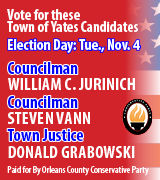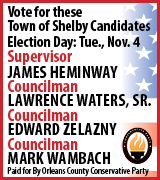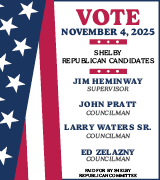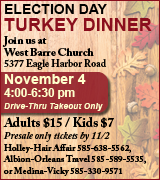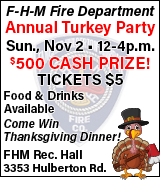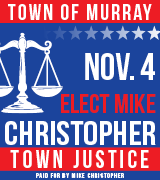Barre farmer, an immigrant, enlisted with Union Army and later became US citizen
“Overlooked Orleans” – Vol. 5, No. 10
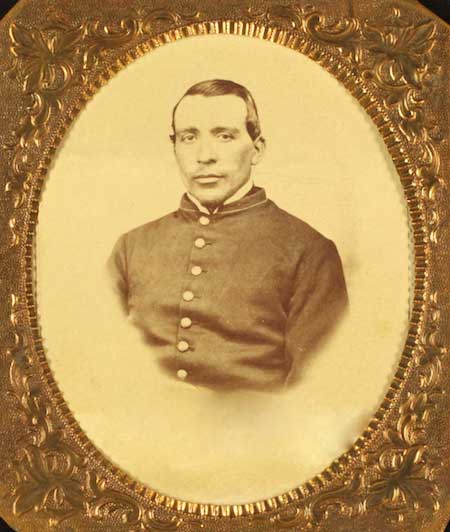
Johann George Singler, c. 1862
BARRE – This photograph shows Johann George Singler around the time of his enlistment in the Union Army during the American Civil War. Born March 28, 1829 in the territory of Baden to Joseph and Mary Greisbaum, Singler received his common education (equivalent to a high school course in the United States) while in Europe.
At the age of 22 he emigrated to the United States on a 49-day journey across the Atlantic, settling at Cleveland, Ohio. Six months later he traveled to Buffalo where he worked as a carpenter for eight months and finally relocated to the town of Barre sometime around 1853. On February 10, 1855, he married Eva Rupp at Clarendon and the couple raised eight children together on a modest farm in Barre.
At the outbreak of the Civil War, Singler enlisted with Company G of the 151st New York Infantry at the age of 33. He was mustered into service on October 22, 1862 and left his wife and four children to care for the farm.
William De Wolf, another member of Company G, later recalled the first call for volunteers at Holley in August of 1862. “The meeting was held in the Academy yard, and though the speakers are not fresh in my mind, I think one was Robinson by name.”
It is likely that Chauncey Robinson, an outspoken abolitionist and resident of Holley, was the speaker De Wolf noted. “The next one was at Hulberton…At this time there was an ice-breaker lying in the Basin at Holley, and we trimmed it up with evergreens and flags, an put planks across for seats. We got a small drum corps, and hired a boy, horse and tow-line and started for the meeting.”
“Company G was composed of as bright a number of young men as ever went into the service of Uncle Sam. They were mostly farmer boys, well brought up and most all educated.”
Although the documentation of Singler’s service is somewhat limited, one published biographical account suggests that he was injured in an accident while driving a team of horses at The Wilderness. As a result, he received a $14.00 per month pension from the government.
After his three years of service Singler was granted his citizenship and in 1868, he relocated his family to Ellington, Wisconsin where he lived out the rest of his life. He lived a simple life, farming a small 40-acre farm in that location which he worked diligently to clear of timber. A Republican in politics, it was claimed that he refused to vote in elections, instead focusing his attention on encouraging qualified candidates to fill positions.
















